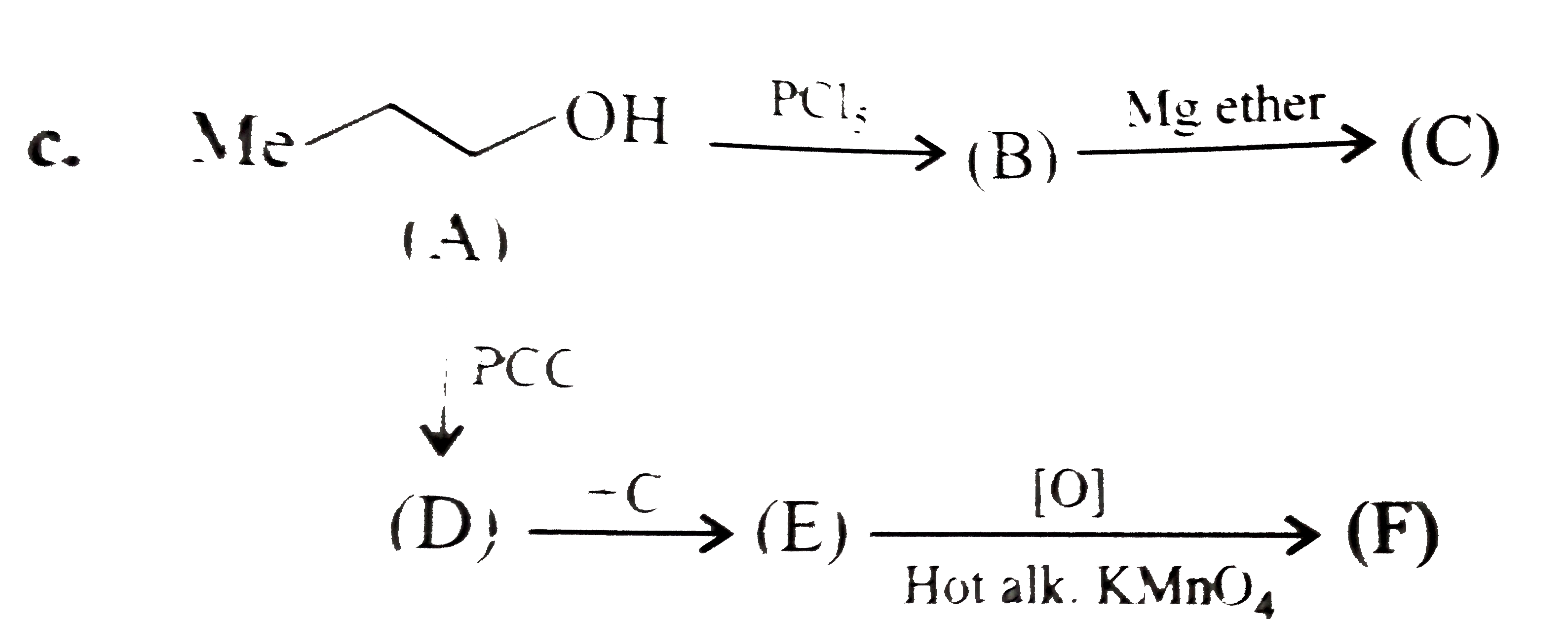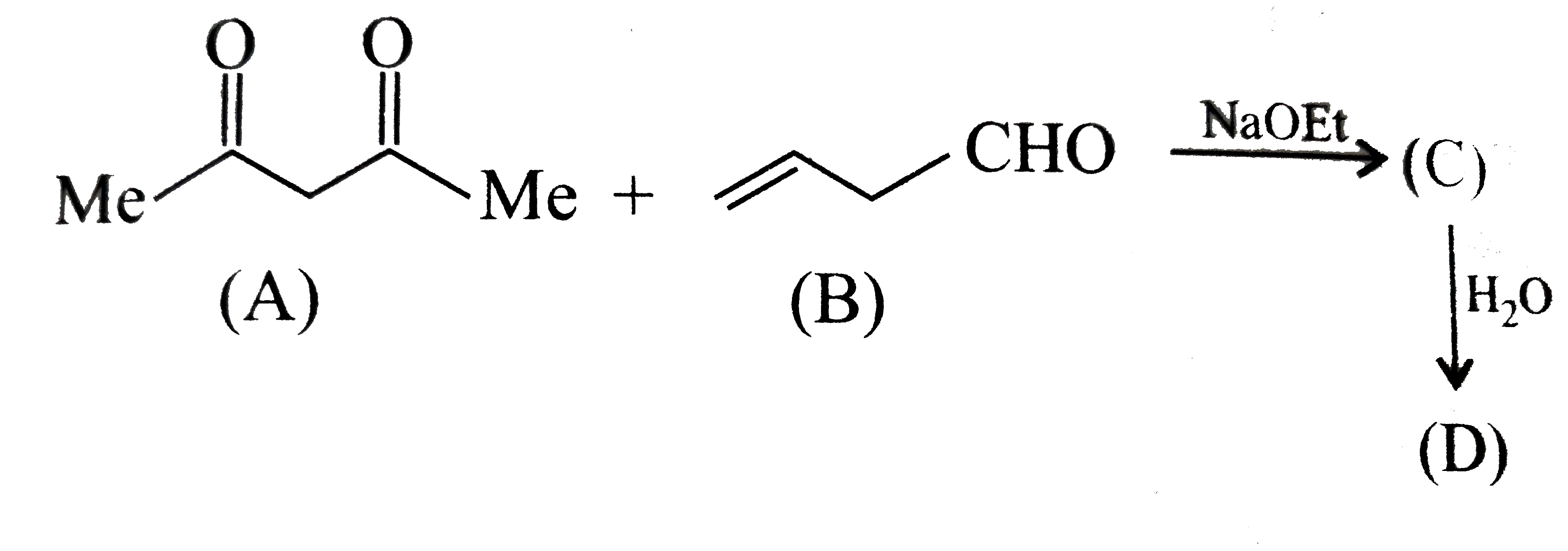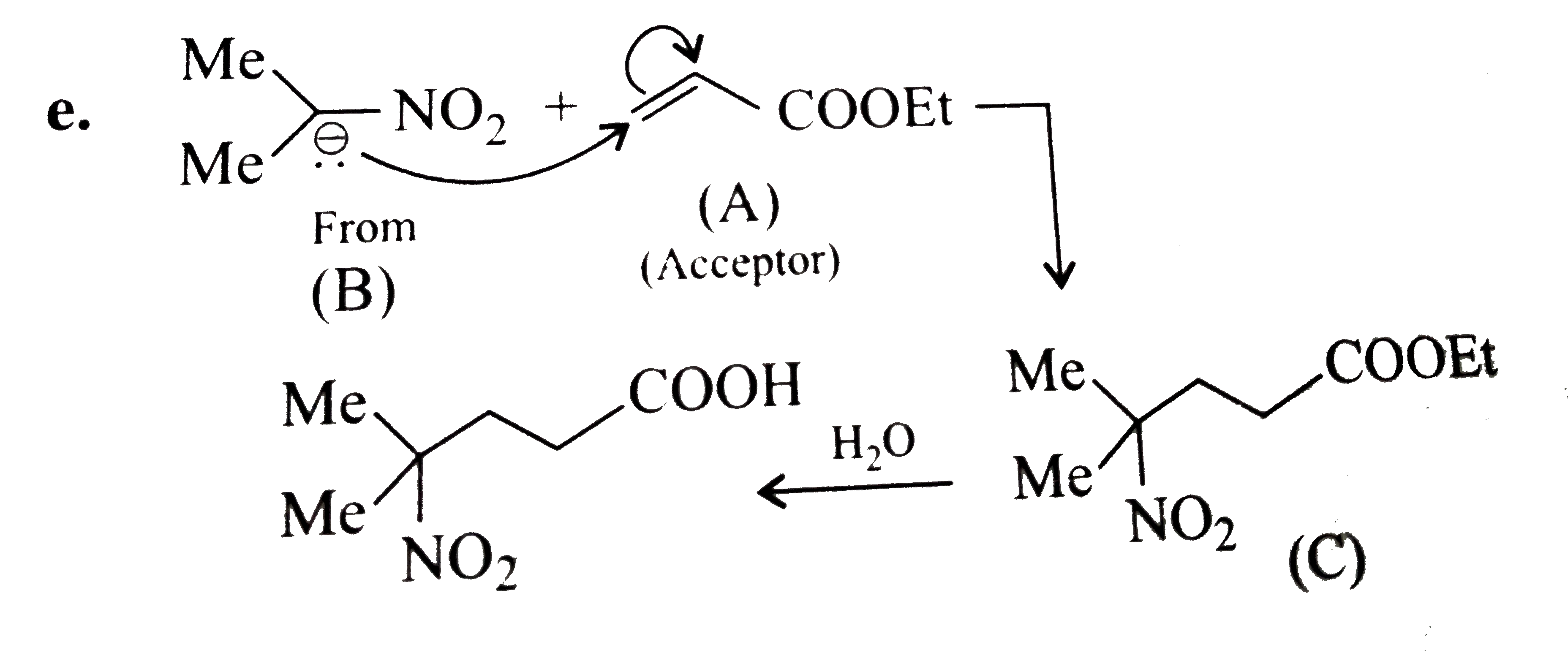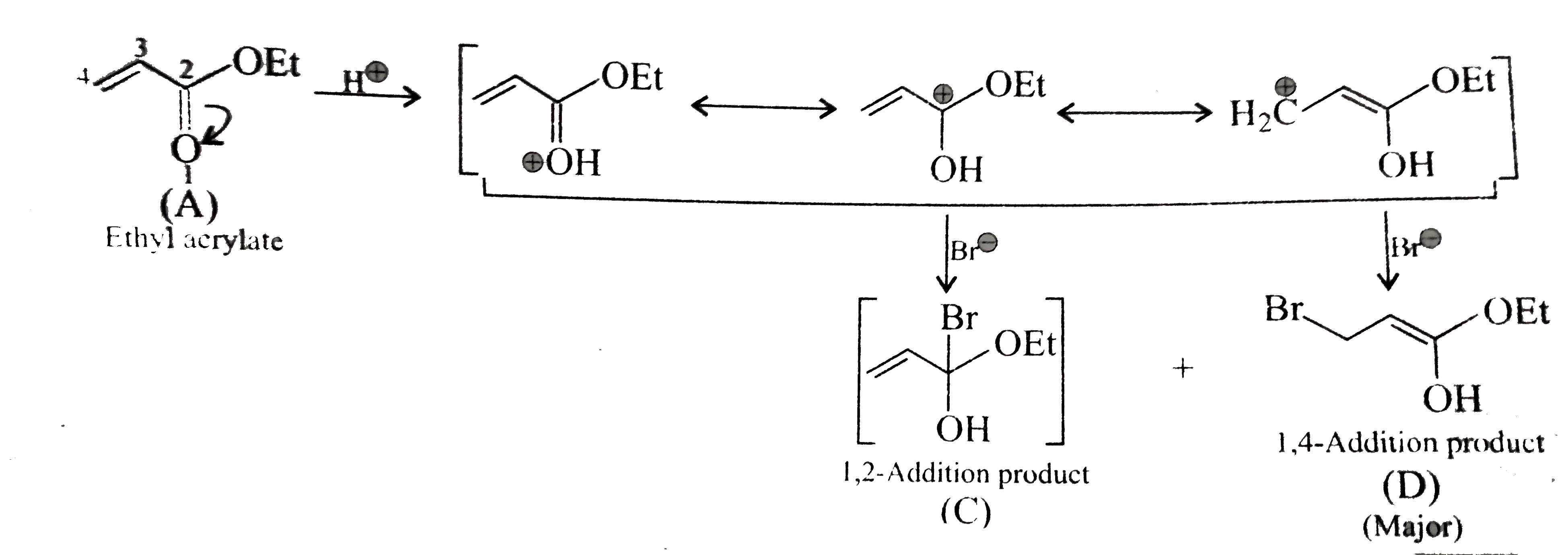Which of the following comprises the lungs?
a. Tracheae, b. 1∘bronchi, c. 2∘ bronchi, d. 3∘ bronchi, e. initial bronchioles, f. terminal bronchioles, g. duct of alveoli, h. alveoli
a, b, c, d and e
a, b, c, d, e and f
a, b, c, d, e, f and g
a, b, c, d, e, f, g and h
The correct Answer is:A
The trachcae, primary, secondary and tertiary bronchi, and initial bronchioles are supported by incomplete cartilaginous rings.
Trachea is supported by C-shaped cartilagenous rings made of hyaiine cartilage.
The cartilagenous rings are incomplete posteriorly and prevent collapsing the wall of trachea.
Topper's Solved these Questions
- BREATHING AND EXCHANGE OF GASESBOOK - A2ZCHAPTER - BREATHING AND EXCHANGE OF GASESEXERCISE - Section A: Topicwise Questions Topic 2 : Mechanism Of Breathing (respiratory Volumes And Capacities)
29 Videos
- BREATHING AND EXCHANGE OF GASESBOOK - A2ZCHAPTER - BREATHING AND EXCHANGE OF GASESEXERCISE - Section A: Topicwise Questions Topic 3 : Exchange Of Gases
14 Videos
- BODY FLUIDS AND CIRCULATION BOOK - A2ZCHAPTER - BODY FLUIDS AND CIRCULATION EXERCISE - Section D: Chapter-end Test
50 Videos
- CELL CYCLE AND CELL DIVISIONBOOK - A2ZCHAPTER - CELL CYCLE AND CELL DIVISIONEXERCISE - Section D: Chapter-end Test
50 Videos
Similar Questions
Knowledge Check
How many structures are supported by cartilaginous rings ?
Larynx, Trachea, Bronchi, Initial bronchioles, Terminals bronchioles, Alveolar duct, AlveoliA7B3C4D5(i) Mammals have negative pressure breathing.
(ii) The impulses for voluntary breathing are sent by the medulla oblongata.
(iii) The trachea, primary, secondary and tertiary bronchi, and initial bronchioles are supported by incomplete cartilaginous rings.
(iv) The volume of air remaining in the lungs even after a forcible expiration is functional residual capacity.
How many of the above statements are correct?ATwoBThreeCOneDFourWhich of the following statements about the human respiratory system are INCORRECT ?
I. During swallowing , glottis can covered by a thin elastic cartilaginous flap called epiglottis to prevent the entry of food into the larynx.
II. The trachea is a straight tube extending up to the mid- thoracic cavity, which divides at the level of the fourth thoracic vertebra into a right and left primary bronchi.
III. The trachea , primary secondary and tertiary bronchi, and initial bronchioles are supported by incomplete cartilaginous rings made up of hyaline cartilage.
IV. The respiratory part transports the atmospheric air to the alveoli, clear it from foreign particles, humidifies and also brings the air to body temperature.AI and IIIBII and IVCI and IIDII,III and IV
Which of the following show G.I.?
a.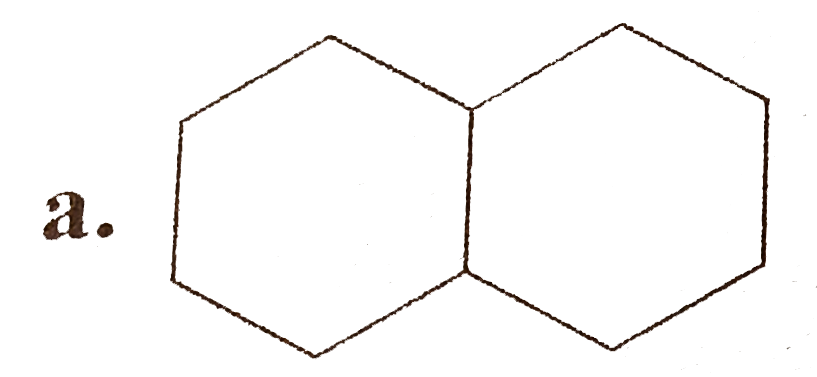
b.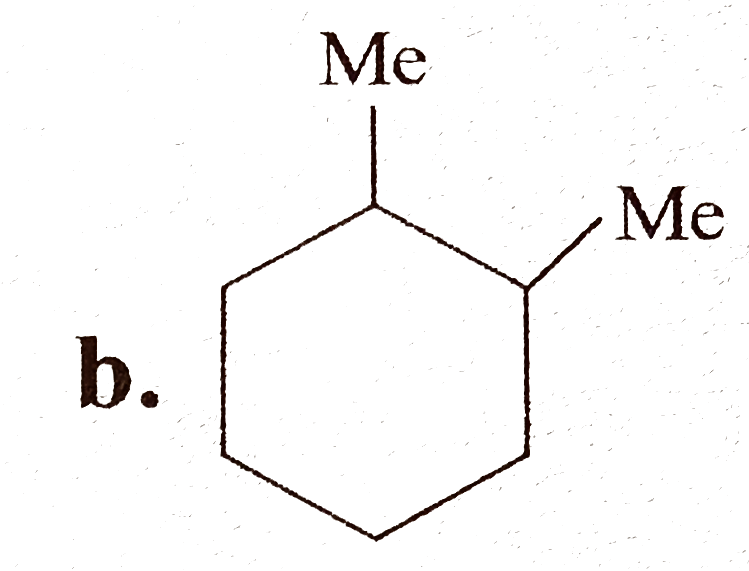
c.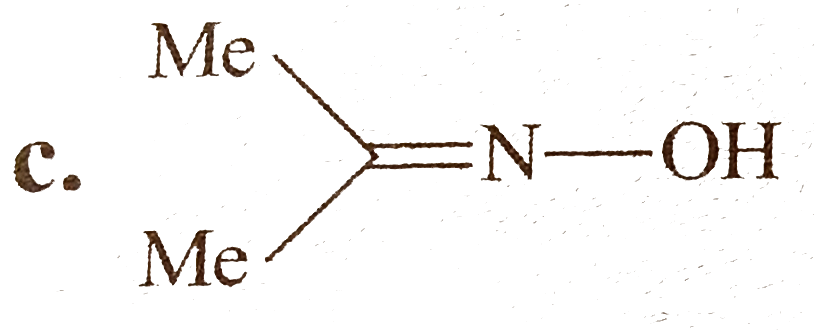
d.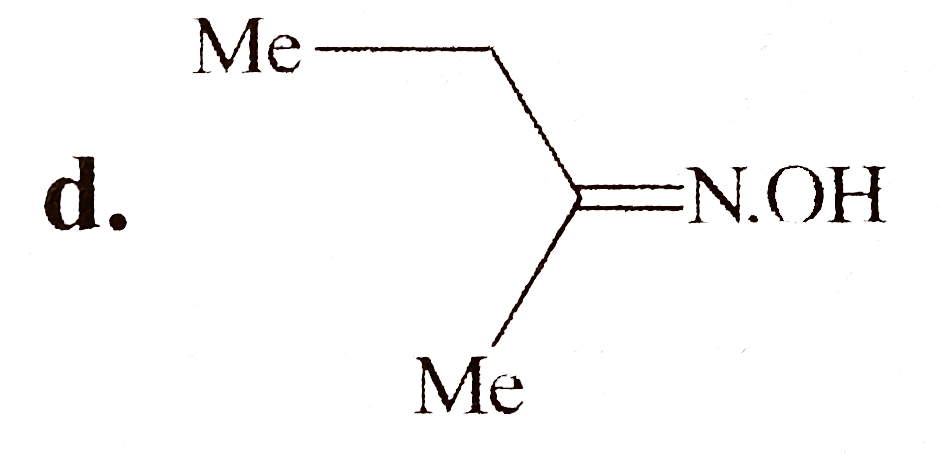
e.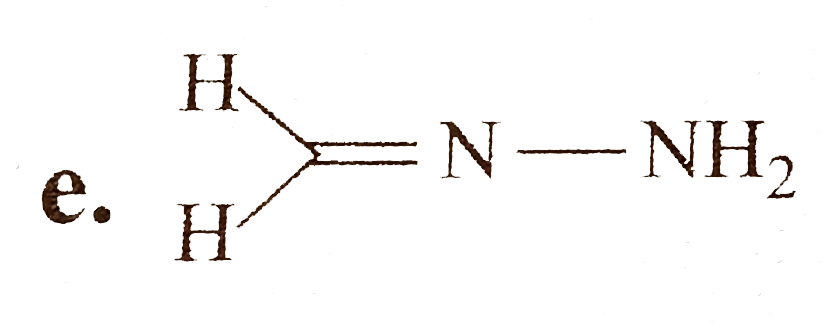
f.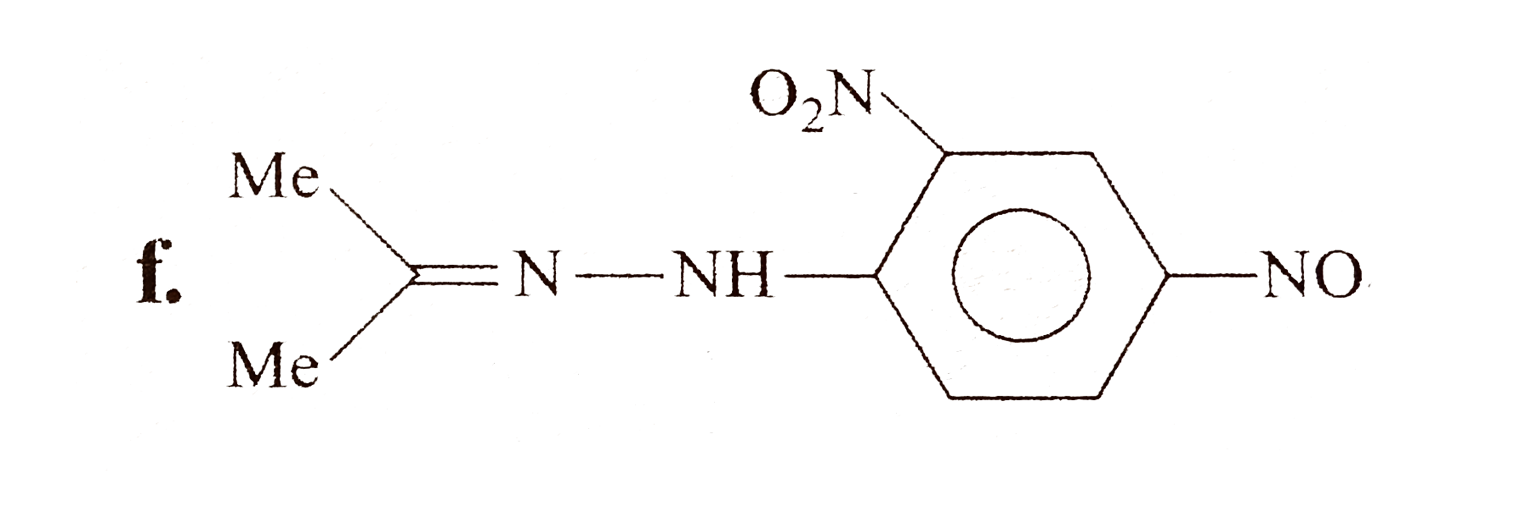
g.
h.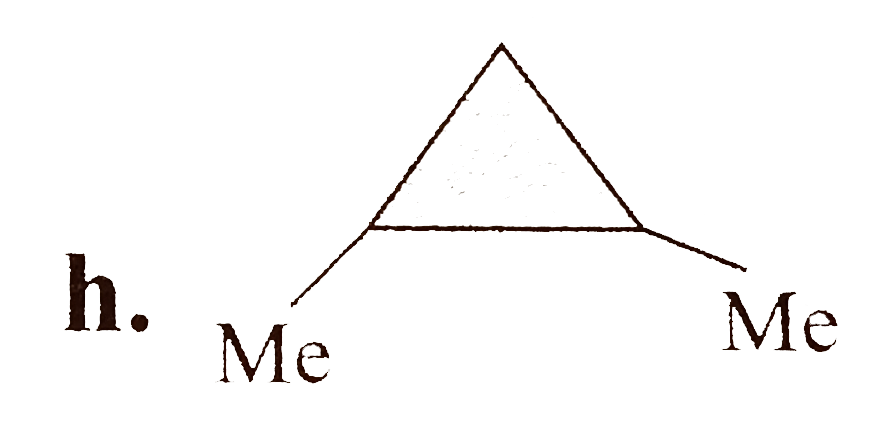
i.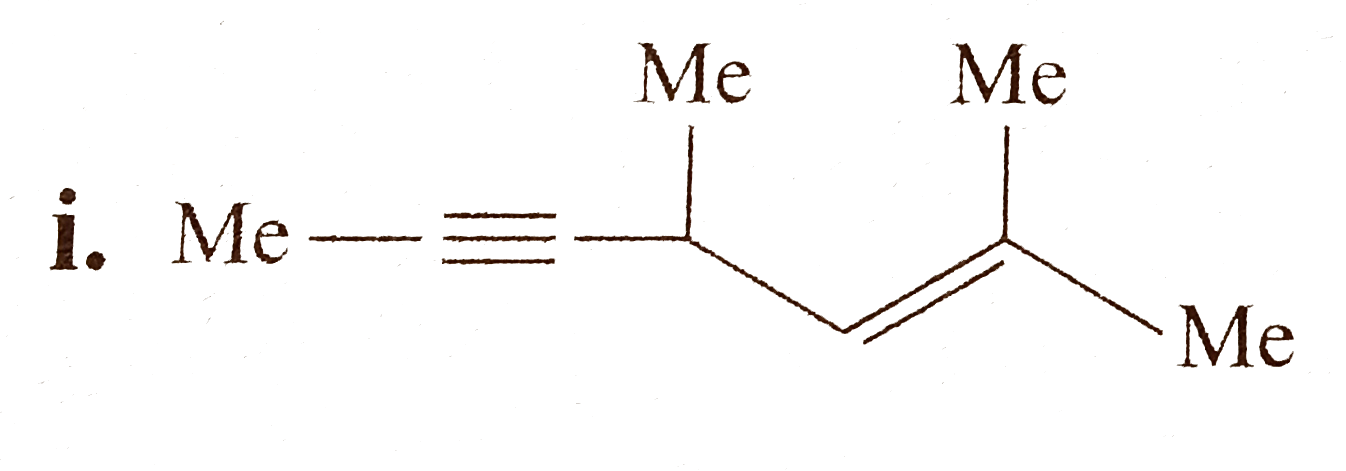
j.
k.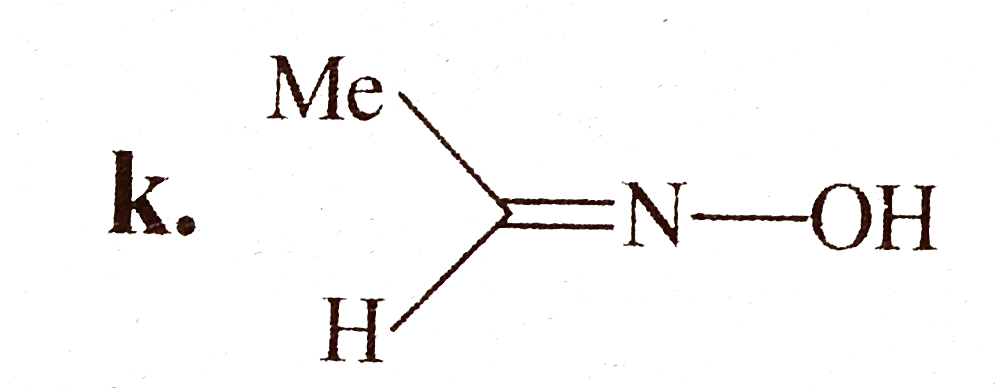
l.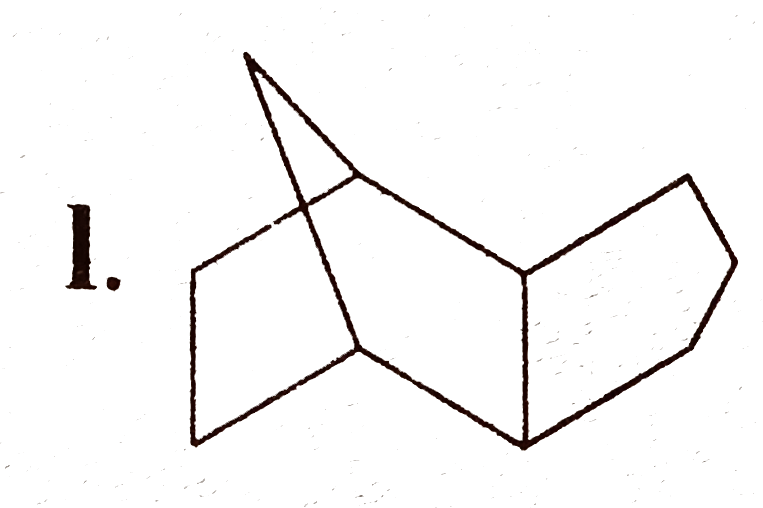
View SolutionComplete the following reactions:
a.
b.
c.
d.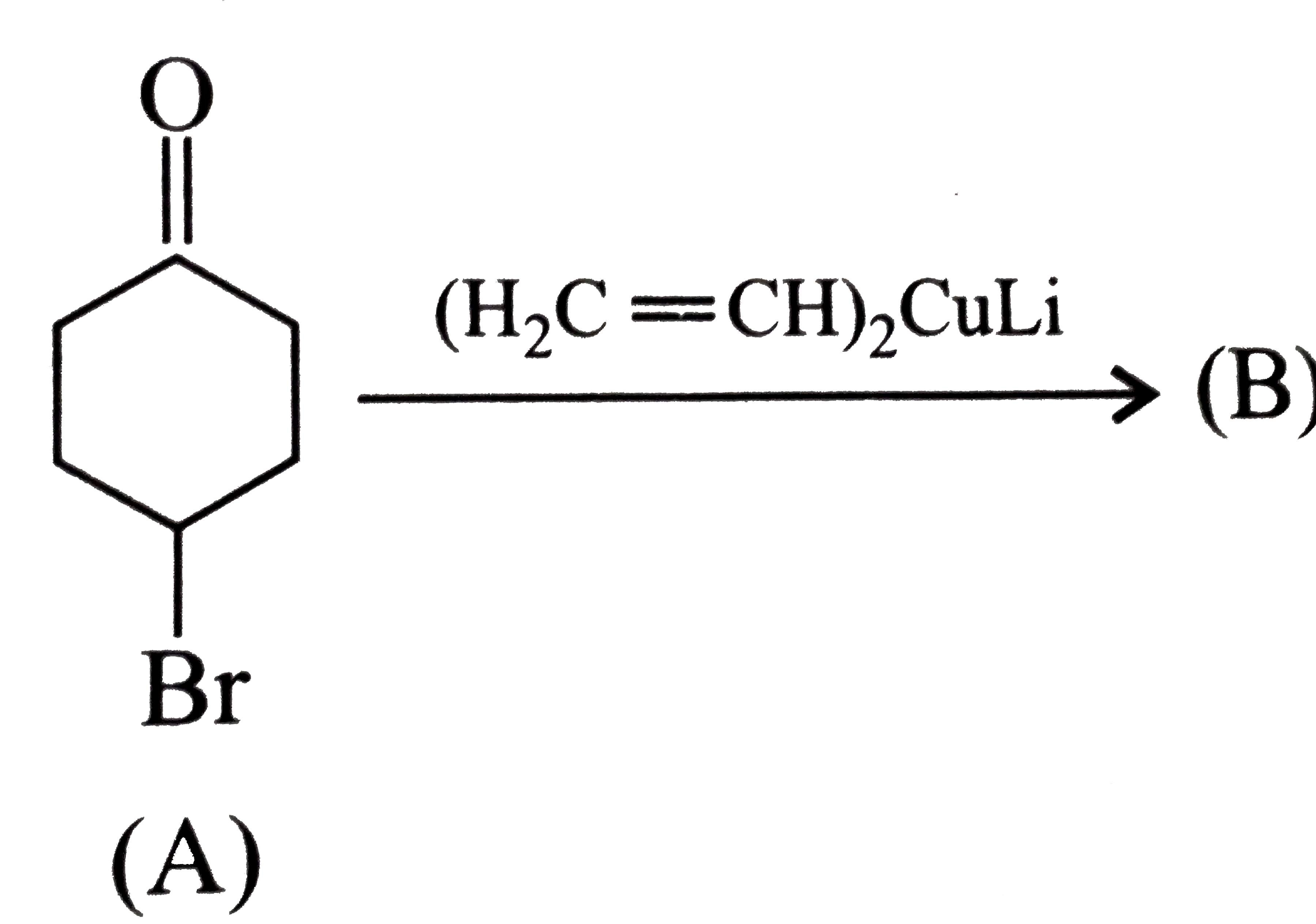
e.
f.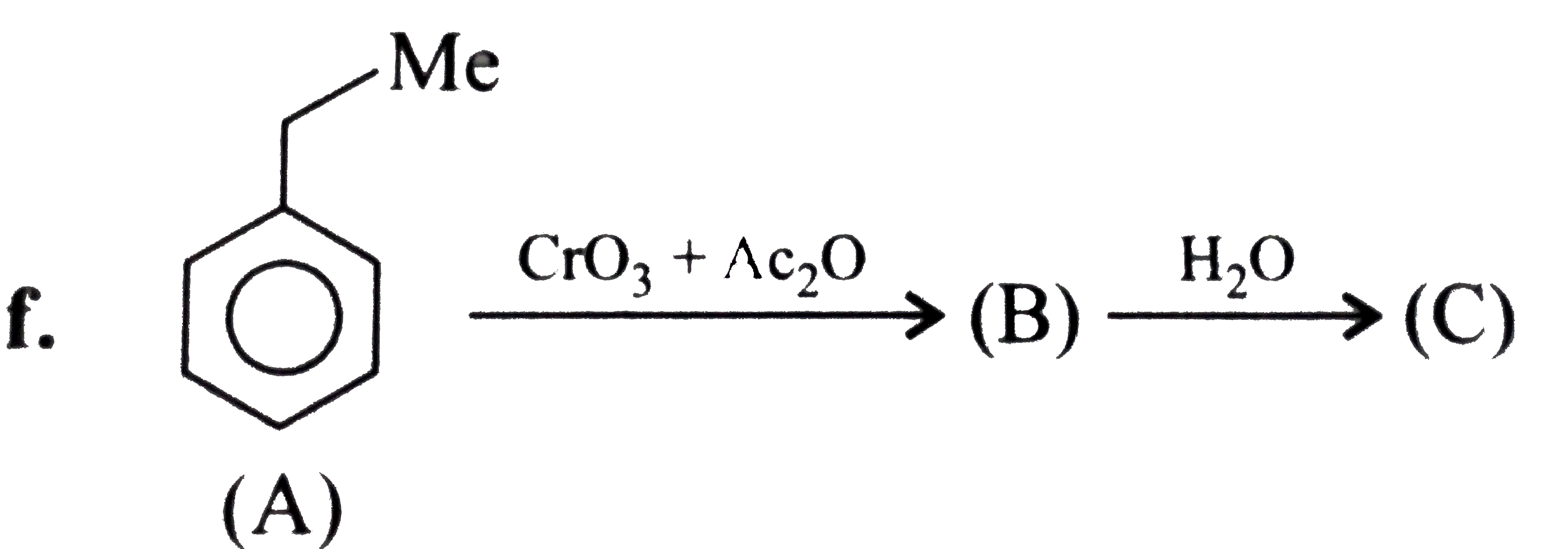
g.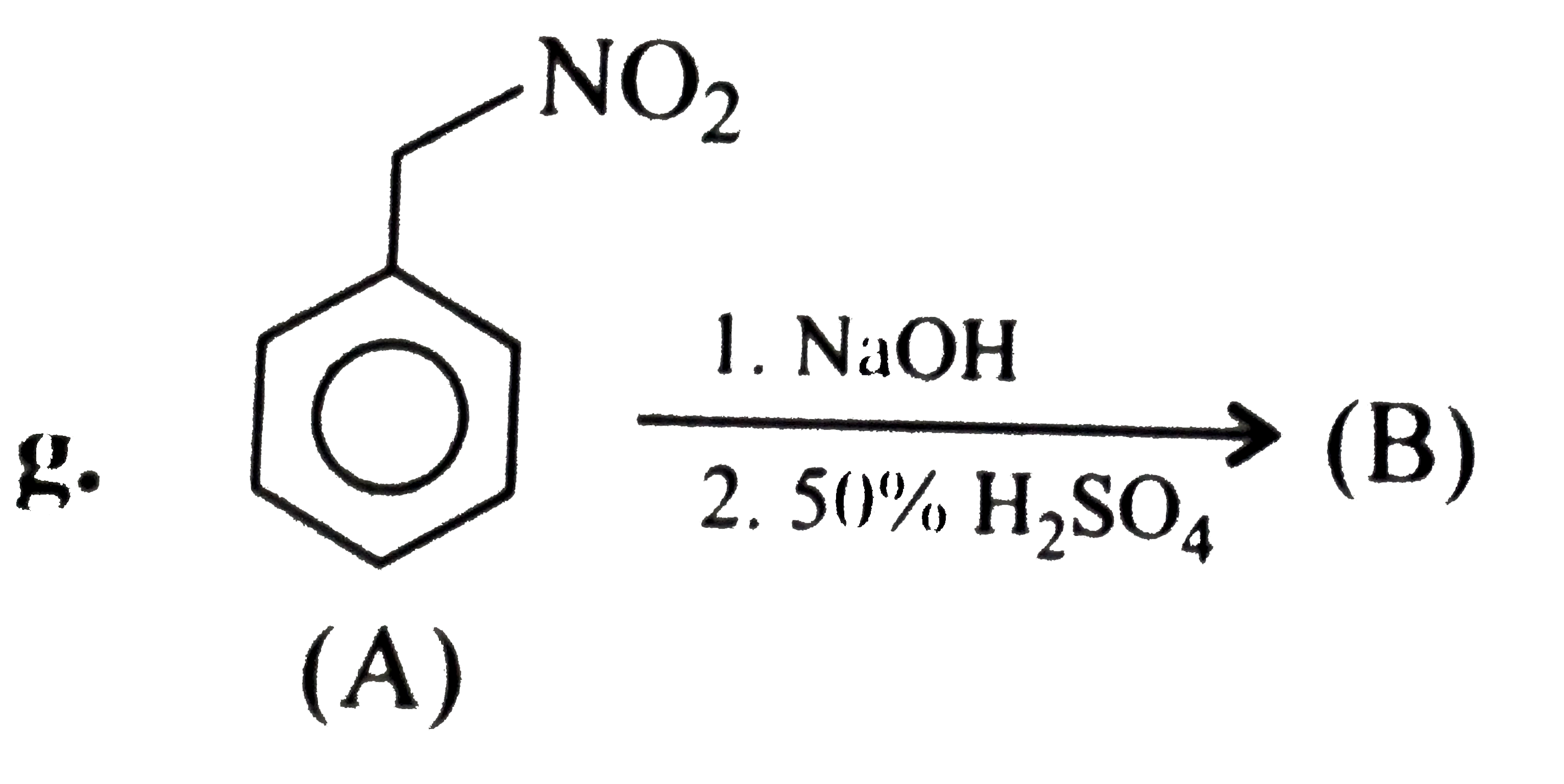
h.
i.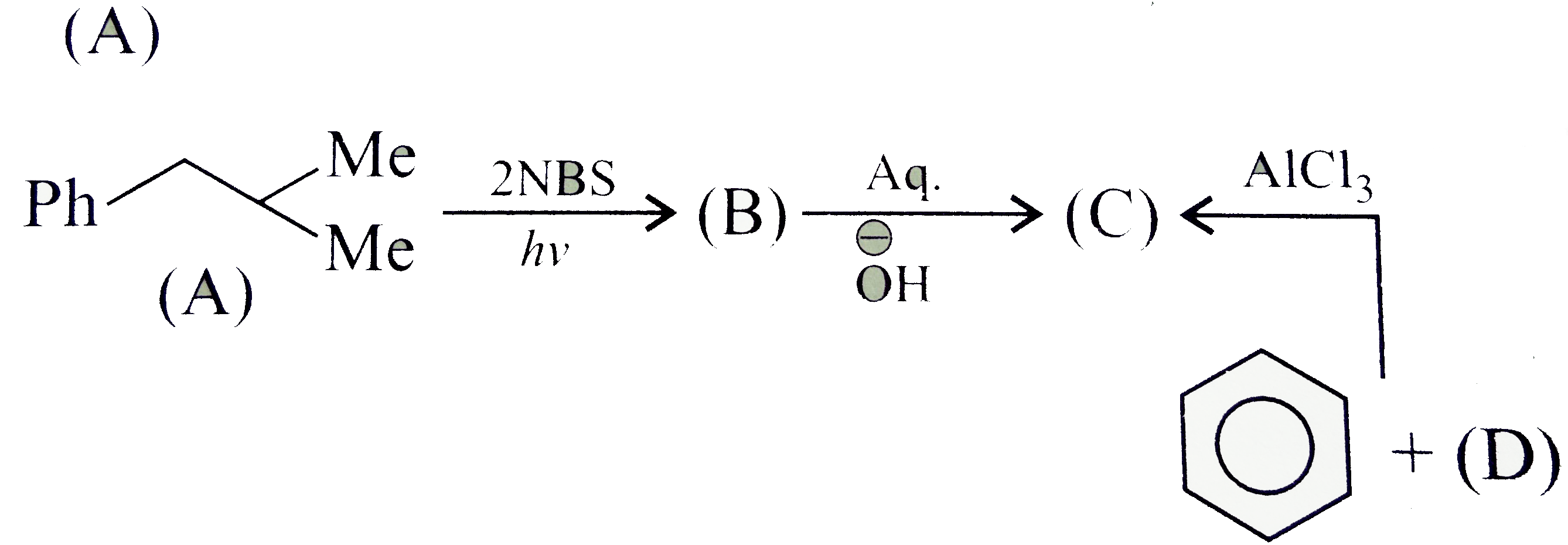
View SolutionWhich of these statements are fasle regarding the human respiratory regarding the human respiratory system ?
(a) The nasal chamber opens into the pharynx .
(b) Trachea, bronchus and initial bronchioles are supproted by complete cartilaginous rings.
(c ) The branching network of bronchi, bronchioles and alveoli comprises the lungs.
(d) Pleural fluid increase friction on the lung surface.
View SolutionConsidering the following labels for mentioned structured and select the correct sequence of their arrangement :−
A= Terminal bronhiole
B= Respiratory bronchiole
C= Tertiary bronchi
D= Primary bronchi
E= Secondary bronchi
F= Total pulmonary bronchioles
View SolutionWhich of these will be seen in our respiratory system ?
I. The absence of cartilage in small bronchioles allows them to expand .
II. The walls of the alveoli are made of cuboidal epithelium .
III. The recoil of the elastic fibres surrounding the alveoli helps to move air out during expiration.
IV. The trachea and bronchi are supported by circles of cartilage.
View Solution



